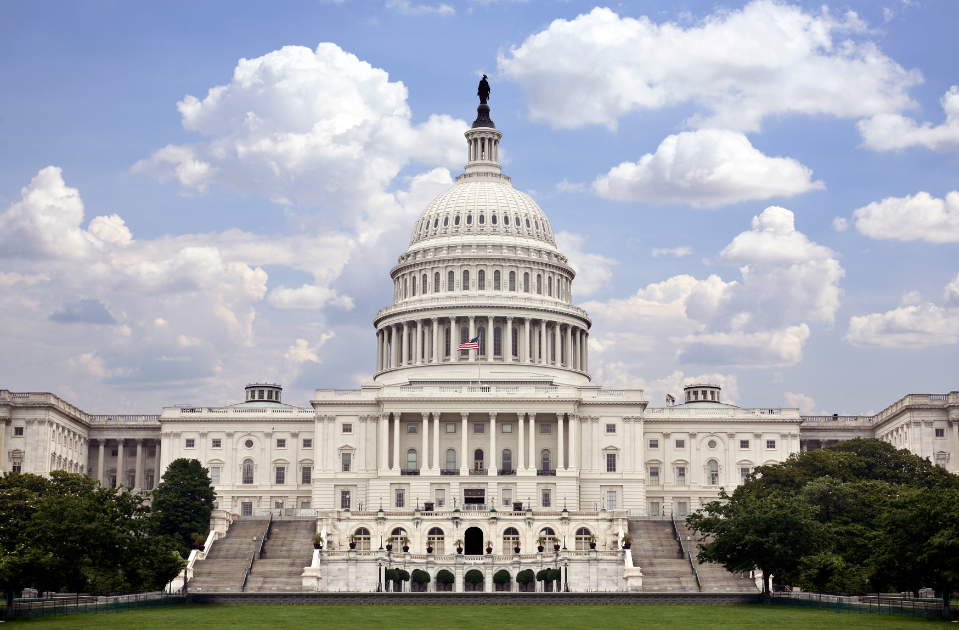President Biden signed a $95 billion national security bill into law on April 24, 2024, that includes a provision that could ban TikTok. The new law gives ByteDance, a Chinese technology company and owner of TikTok, the option to sell the popular platform to avoid the ban, but the company must complete the sale within a year.
“It’s good that Congress is taking action against TikTok, which has misrepresented its data security practices and downplayed its close ties to China. However, Congress should have taken this opportunity to more broadly address the teen mental health crisis and the addictive features designed into these platforms. Passing the Kids Online Safety Act would do much more to protect American Youth than this TikTok ban will.” – Glenn S. Draper
A Threat to National Security
The legislation was introduced amid concern that the Chinese government uses the app to spy on Americans and spread propaganda. Although public evidence to support such a claim is limited, information shared in a classified intelligence briefing led lawmakers on both sides to conclude that TikTok poses a “serious threat to American national security,” according to USA Today. The legislation passed with overwhelming bipartisan support in both chambers.
Although TikTok has long promised that American user data is stored outside of China, a 2023 Forbes investigation uncovered that TikTok has admitted to storing information about the most popular creators on servers in China. Forbes obtained numerous internal documents that revealed that tax returns, social security numbers, and other personal data from American TikTok creators and vendors were shared with China.
TikTok Can Sell To Avoid a Ban
TikTok can avoid a ban by selling the U.S. portion of the company. The legislation gives TikTok 270 days, or approximately nine months, to sell the platform. The White House can grant a one-time extension of three months.
With over 170 million users, TikTok’s value is in the tens of billions, limiting the pool of potential buyers. Big tech companies like Google and Meta could afford it, but antitrust laws could prevent dominant tech giants from making such an acquisition.
TikTok Has Promised to Challenge the Law
TikTok has promised to fight the sell-or-ban law, arguing that the legislation violates the right to free speech. The New York Times reports that the American Civil Liberties Union (ACLU) has actively opposed the legislation and is considering joining TikTok in challenging the law.
TikTok has prevailed against previous legal challenges of a similar nature. In 2020, former President Trump attempted to force a ban or sale by executive order, also citing national security concerns, but a federal court sided with TikTok. A 2022 restriction against TikTok in Texas survived a challenge, but the restriction was limited to government devices due to data privacy concerns.
American support for the ban is mixed. According to a December 2023 Pew Research poll, 38 percent of U.S. adults supported a TikTok ban, down from 50 percent in March. Only 18 percent of teens surveyed in December supported a ban. Older adults are more likely than younger adults to support a ban. This is unsurprising, as teens and adults under 30 are likelier to use TikTok.
What Does the Law Mean for TikTok Users?
If TikTok files a legal challenge as expected, the presiding court may issue an injunction until the matter is resolved, which might pause the sell-or-ban countdown. As long as the matter is held up in the courts, TikTok users are unlikely to see any effect of the legislation on their ability to use the app.
If TikTok loses, it will change ownership or be banned. A change in ownership may affect how the app operates, but neither a ban nor a change in ownership is expected to occur until at least 2025 and possibly much later, depending on how long legal challenges to the legislation take to resolve.
